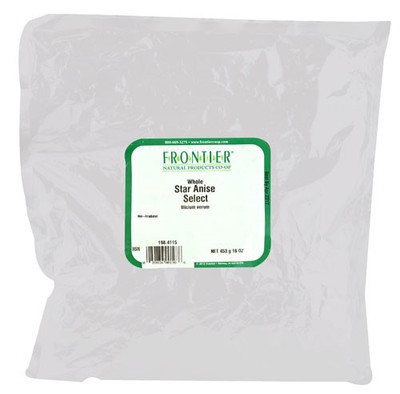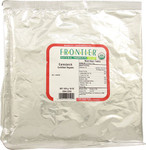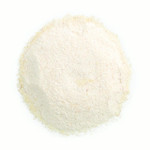- Home
- Grocery
- Condiments
- Spices & Herbs
- Frontier Star Select Anise (1x1LB )
Categories
- Bulk
- Eco-Home
- Grocery
- Health & Beauty
- Aromatherapy
- For Baby
- Aromatherapy & Massage
- Bar Soap
- Bath & Shower
- Botanicals & Juices
- Cosmetics
- Deodorant
- Dietary
- Essential Oils
- Facial Care
- First Aid
- Foot Care
- Hair Care
- Insect Repellent
- Kids & Baby
- Lip Care
- Liquid Soaps
- Lotions
- Mens
- Nail Care
- Oral Hygiene
- Personal Care
- Shaving & Grooming
- Skin Care
- Sports Nutrition
- Sun Care
- Womens Care
- Vitamins Supplements
Frontier Star Select Anise (1x1LB )
Standard Wholesale prices shown. Gold members save an additional 5%.
Want higher discounts? More details here.
An unusual, star-shaped spice, star anise adds pungent, licorice-like flavor and aroma to meats, stews, mulled beverages and liqueurs.Botanical name: Illicium verum Hook. f.Star AniseStar anise is also an essential ingredient in blends like five spice and garam masala--and it makes a lovely addition to potpourri.Star anise is the distinctive fruit of an evergreen tree, Illicium verum. Related to the magnolia, it has a whitish, aromatic trunk and grows to about 26 feet. The star anise is the unripe fruit that's been picked and dried. It's sold both whole and ground into an aromatic, red-brown powder. It's also known as anise star, takkola, and Chinese star anise.The Chinese name for star anise means eight points, and most of the specimens do have eight carpels, or points (though you can find star anise with as few as five and as many as 12 points). Each of the carpels forms a little capsule with one single brown seed inside. Japanese star anise (Illicium anisatum) is not the same plant. In fact, it's toxic and is used primarily for incense.Star anise is a source of shikimic acid, which is used to produce the anti-flu drug tamiflu. It also contains anethole, which give both star anise and anise their licorice-like flavor. A bit stronger than anise seed, this intriguing spice is often used in Chinese and Vietnamese cooking. Chinese star anise has been used as a spice and medicine for over 3000 years. The genus name is thought to come from the Latin illicium, which means allurement, a reference to the sweet aroma of the fruits. The English navigator Sir Thomas Cavendish brought star anise to Europe via the Philippines in 1578.
 Loading... Please wait...
Loading... Please wait...








